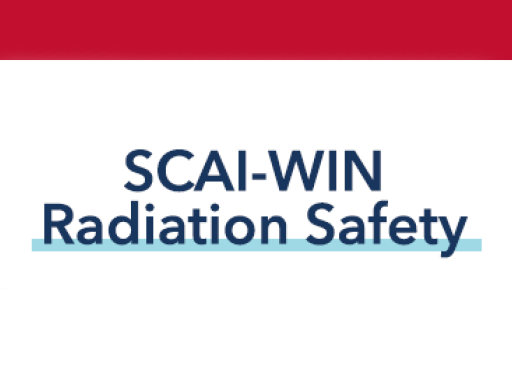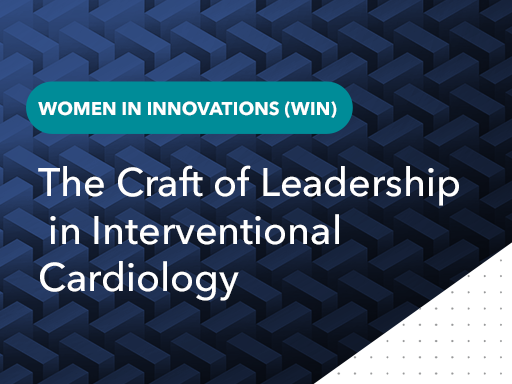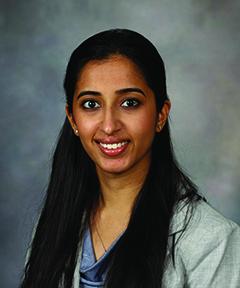The mission of the SCAI WIN program is to empower women in interventional cardiology, nurturing their leadership skills, professional development opportunities, education, collaboration, and research by and on behalf of women in interventional cardiology and their patients.
The program leads educational initiatives supporting its mission, the SCAI-WIN CHIP fellowship, collaboration with other societies, and campaigns to improve the representation of women in interventional cardiology.
Female interventional cardiologists
Male interventional cardiologists
Encourage Women to Overcome Their Concerns
Support the Campaign
Health concerns associated with radiation exposure and the physical toll of wearing radiation protection garments mean many women think twice about entering the field of interventional cardiology, with the consequence that only 8% of interventional cardiology fellows are women.
Get involved and help women considering working in interventional cardiology make informed decisions about their careers.

SCAI-WIN CHIP Fellowship
Pursue Advanced Training in Complex and High-Risk Interventional Procedures
The SCAI-WIN fellowship is offered to interventional cardiology (IC) fellows or practicing interventional cardiologists interested in pursuing an additional year of advanced training beyond traditional IC fellowships, focusing on complex and high-risk interventional procedures (CHIP) and percutaneous acute mechanical circulatory support training in the cardiac catheterization laboratory.
The Craft of Leadership in Interventional Cardiology
Catch-Up on the SCAI WIN Webinar Series
Discover healthcare leadership insights from renowned women leaders in the field.
Faculty will discuss their paths to leadership and how to apply best, initiate, and sustain leadership roles. We will also examine complex barriers and how to navigate these roadblocks.
Participants will walk away with renewed inspiration and strategies for their careers.


SCAI 2024 Scientific Sessions
Watch WIN Program Highlights On Demand
SCAI Scientific Sessions brings the global interventional cardiology community together to hear from leaders in the field, share the latest research, and learn about new best practices and clinical techniques.
SCAI members can catch up for free on this year's WIN sessions by logging into the SCAI Conference Library using their SCAI account information, featuring an update on WIN Committee activities over the past 12 months and the best WIN abstracts and complex cases submitted to this year's meeting.
WIN Committee
Get Involved
SCAI's councils and committees are responsible for developing the strategy that drives the Society's programs.
The mission of SCAI's Women in Innovations (WIN) Committee is to foster professional development, education, collaboration, and research by and on behalf of women in interventional cardiology and their patients.
Joining SCAI's WIN Committee is an opportunity to become more involved in its work, continue your professional development, and network with other members.

